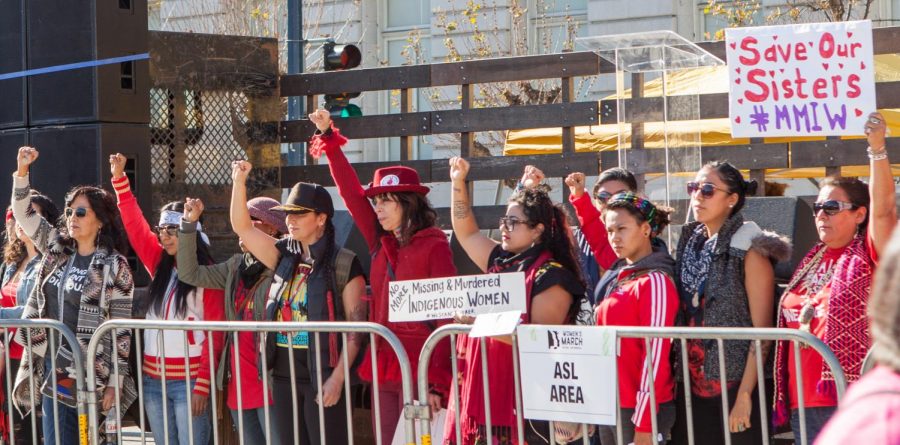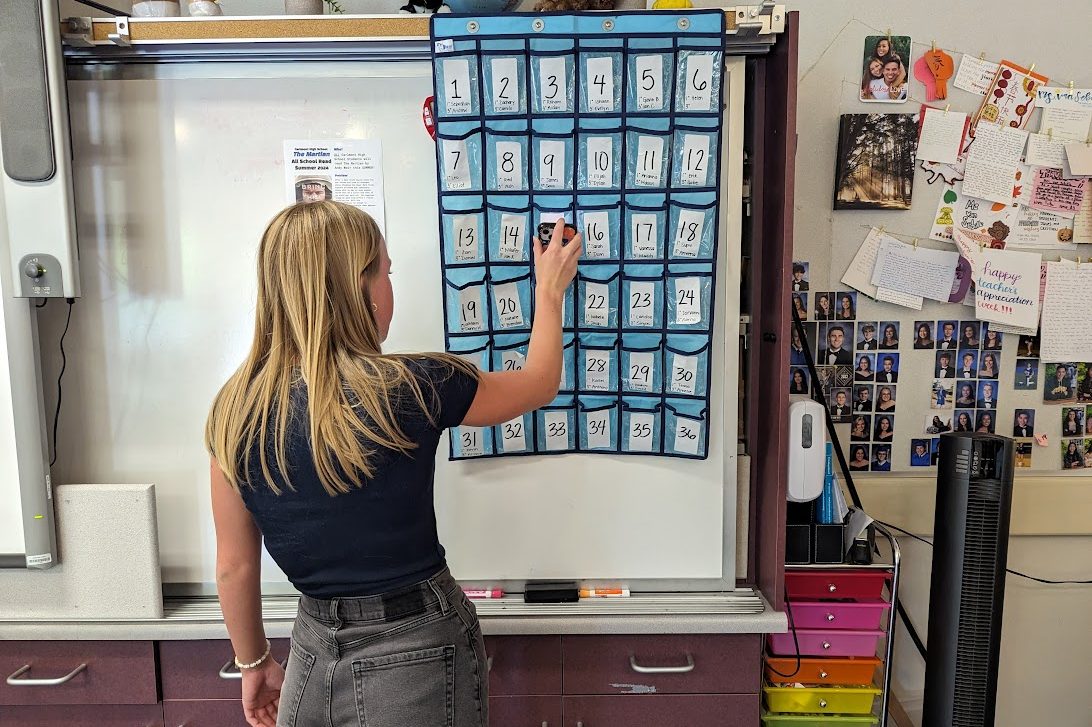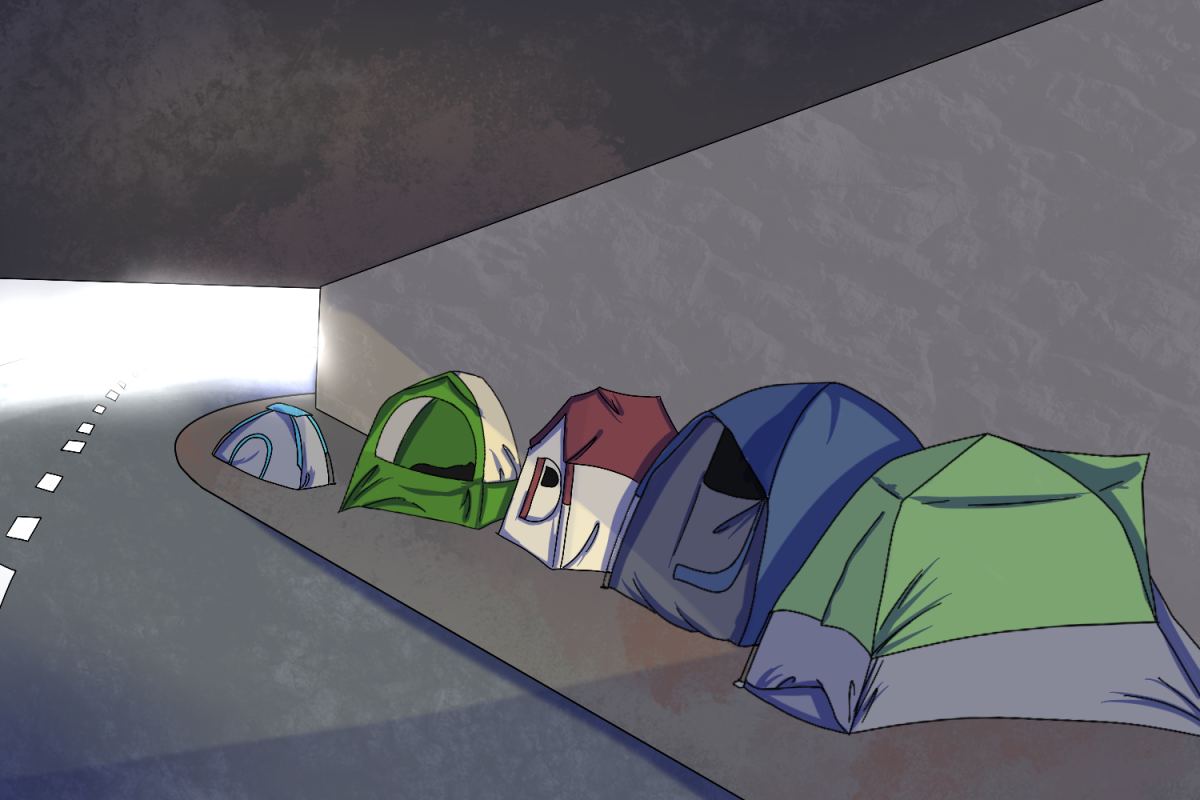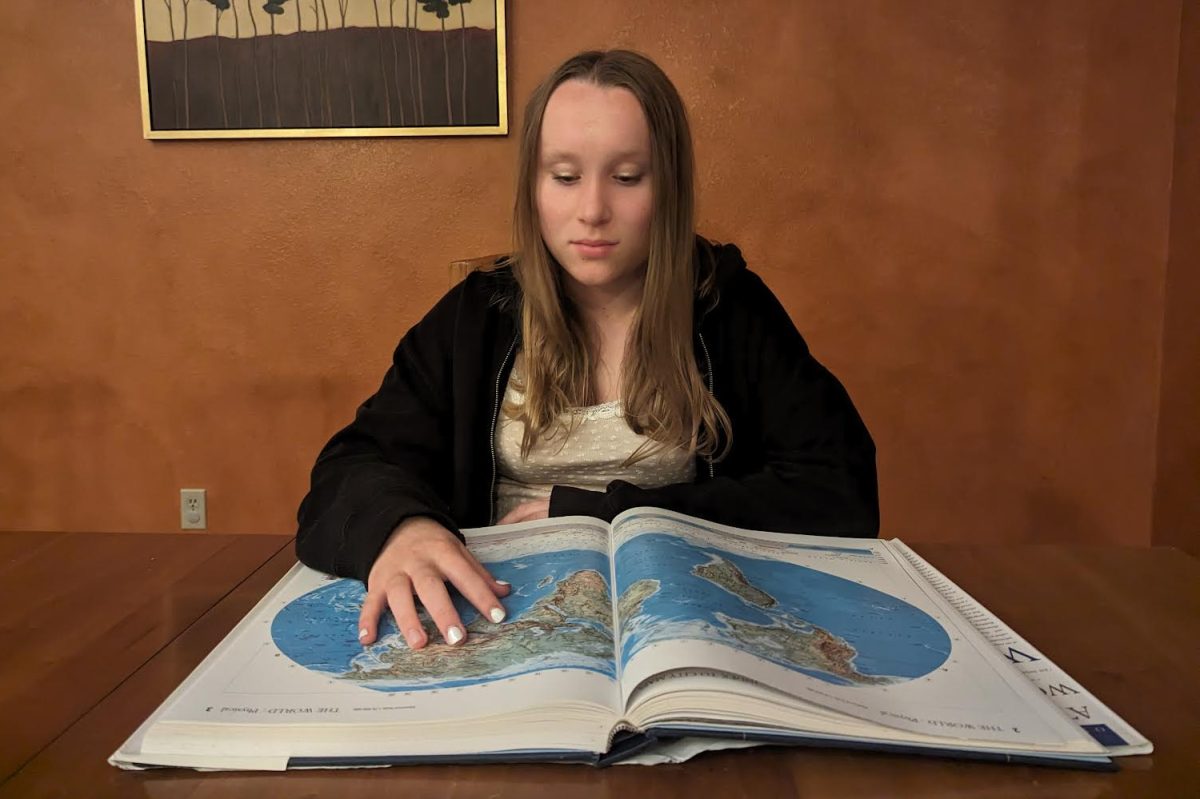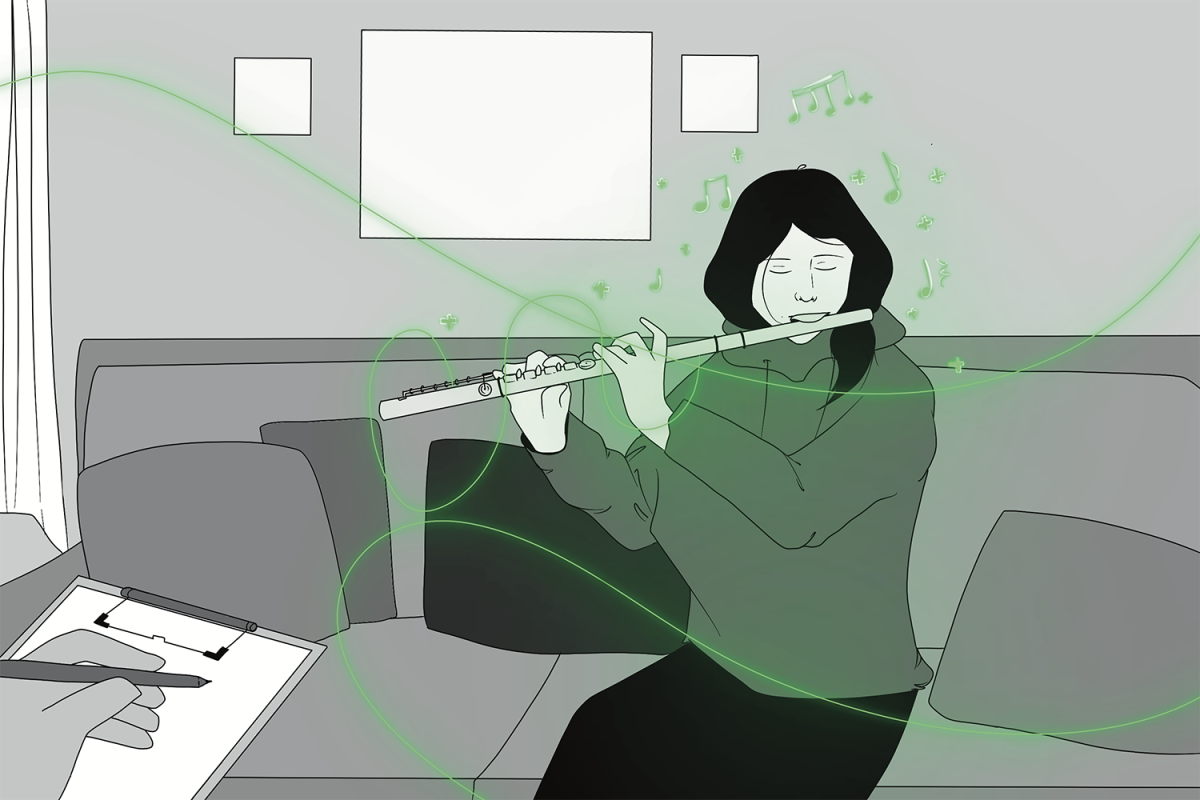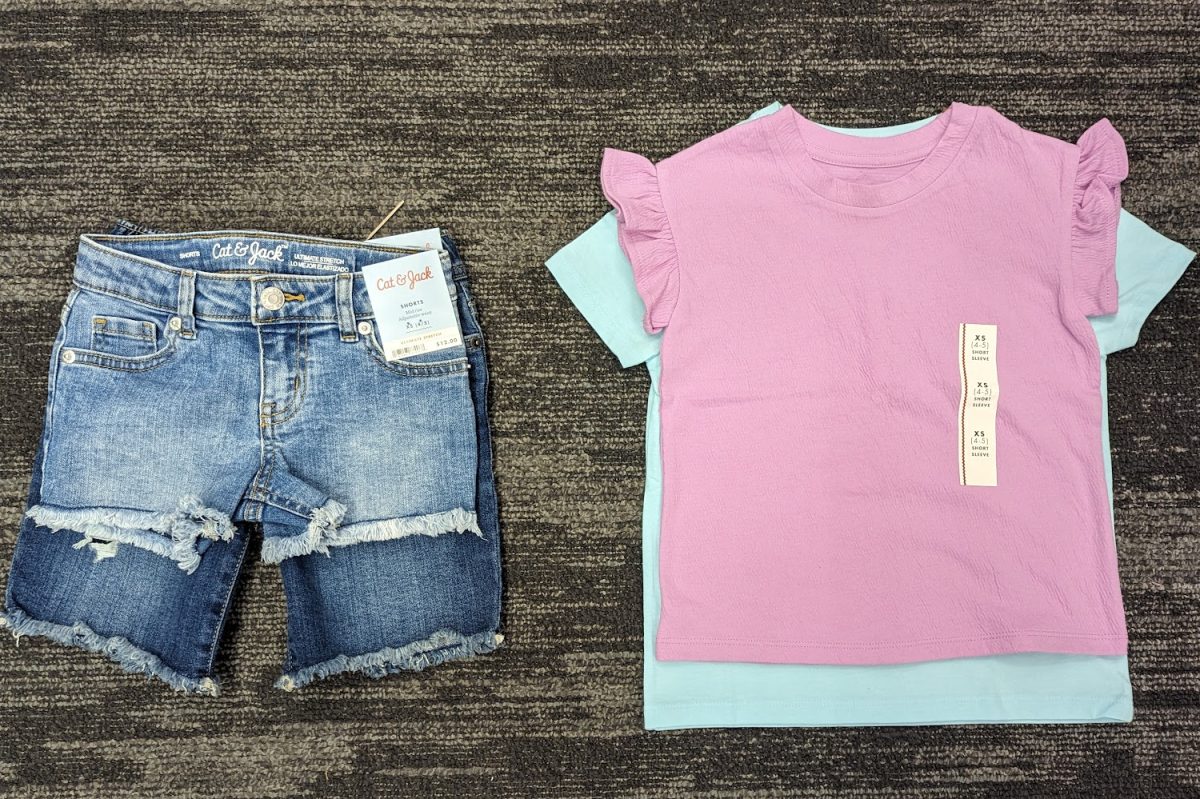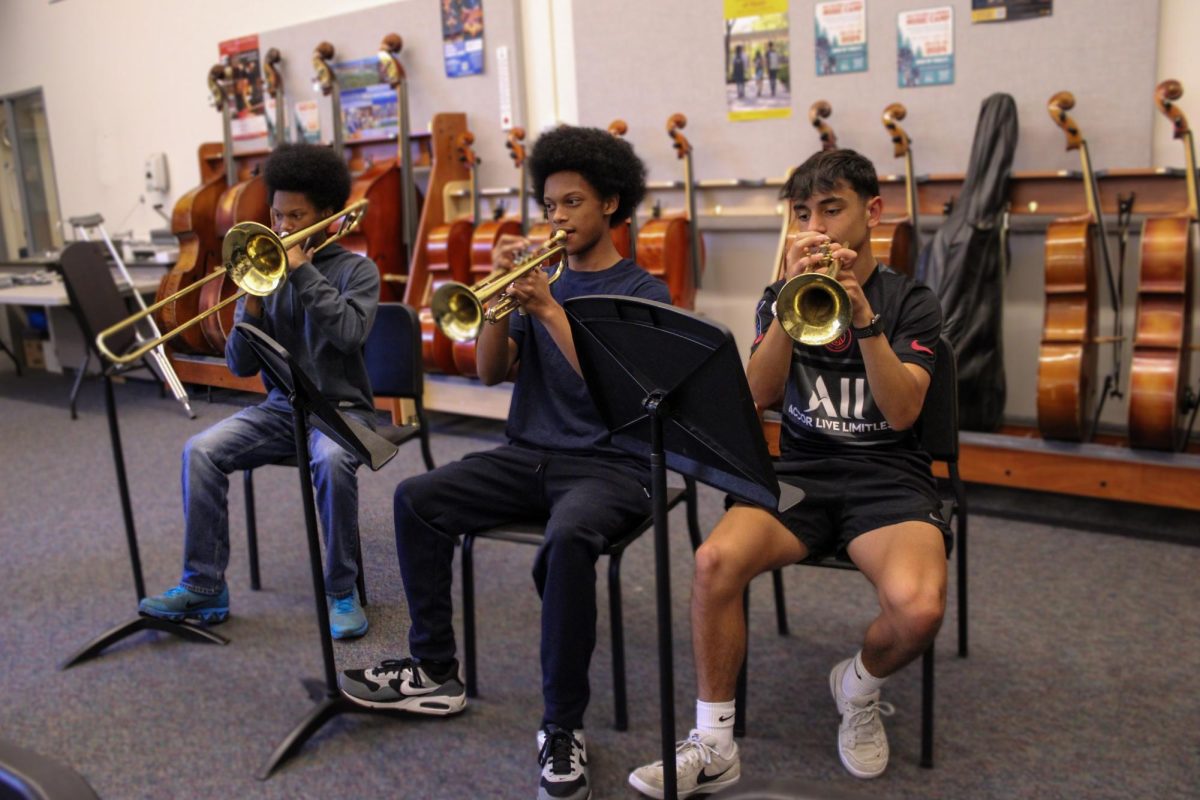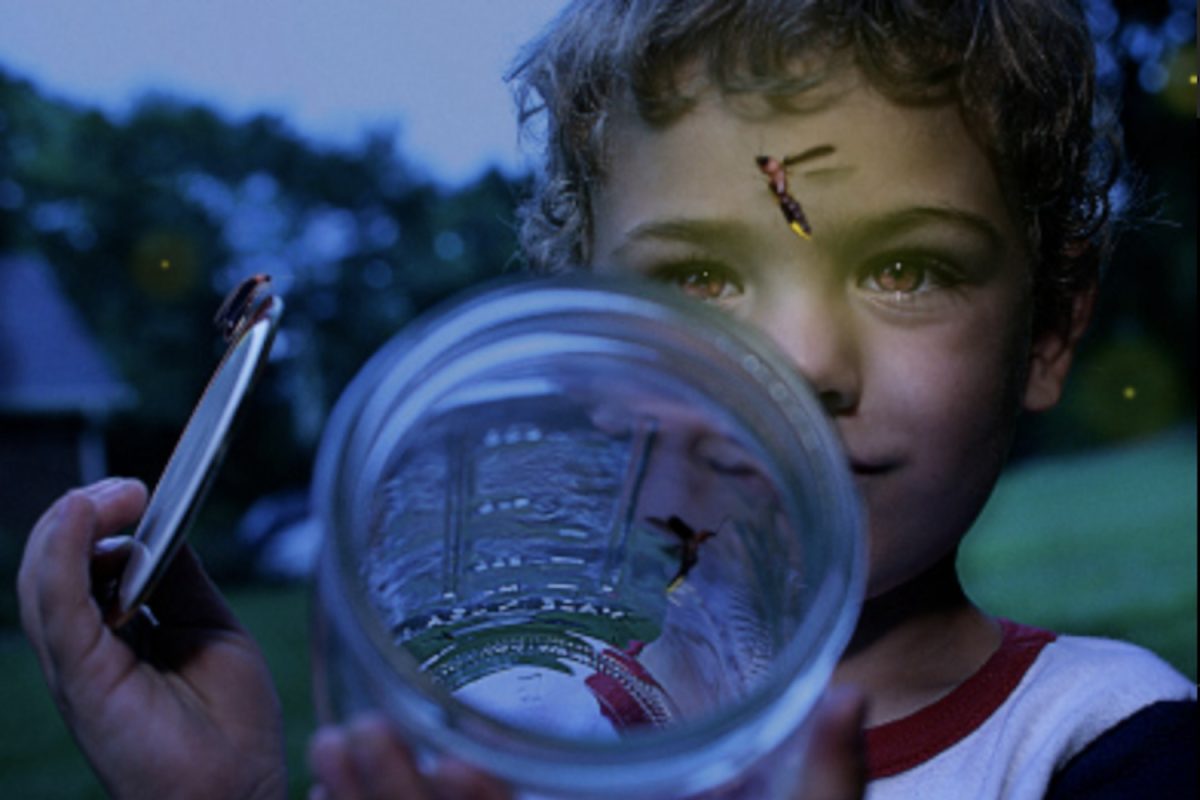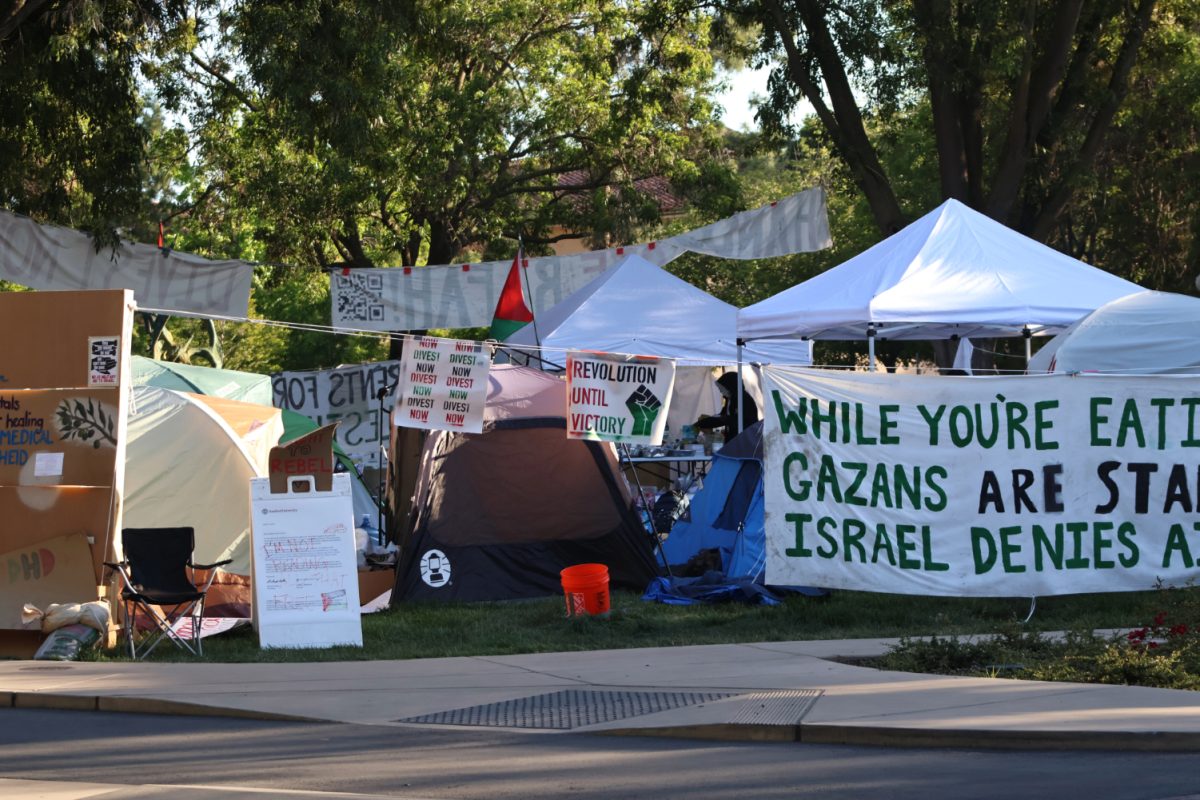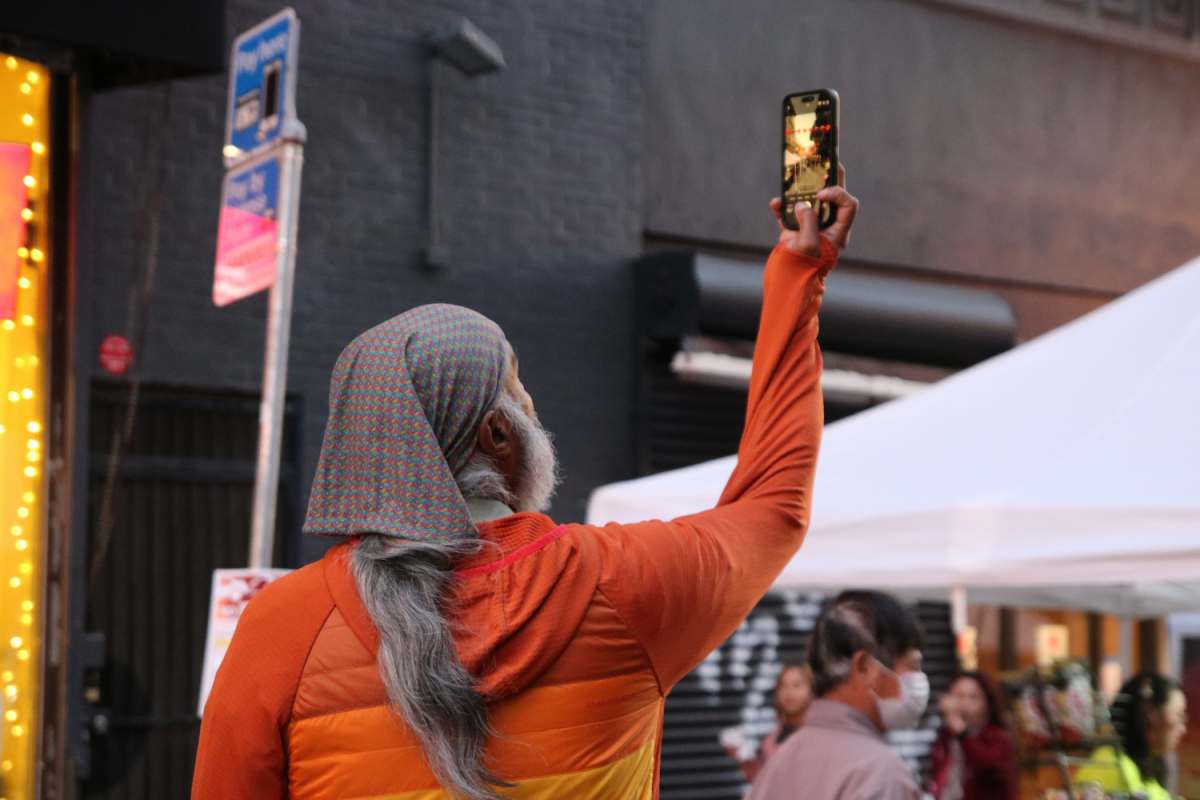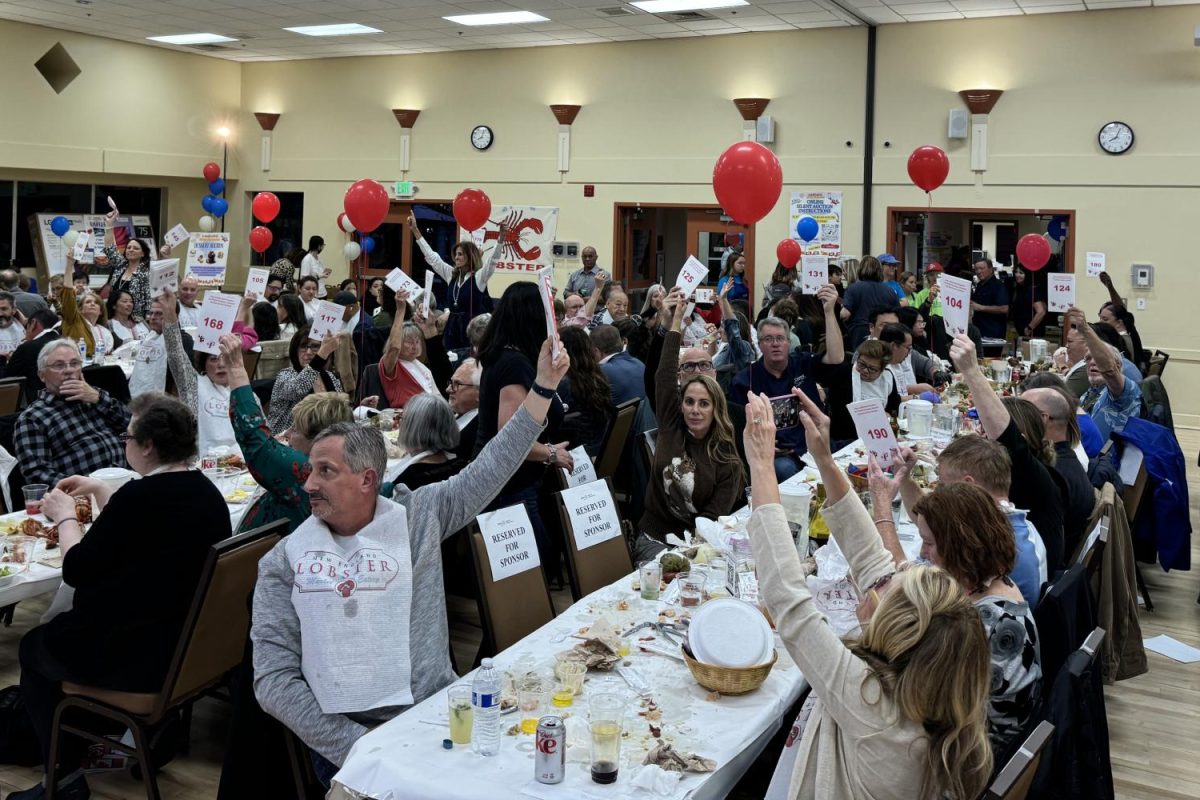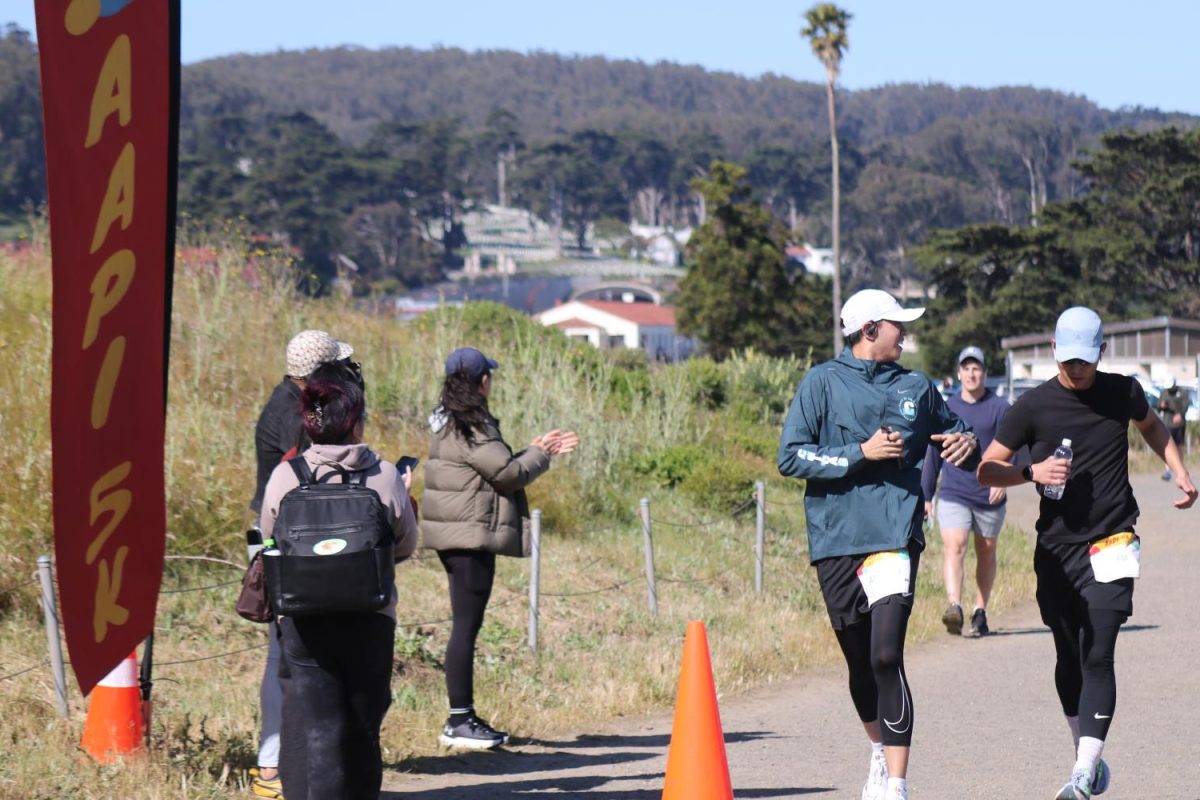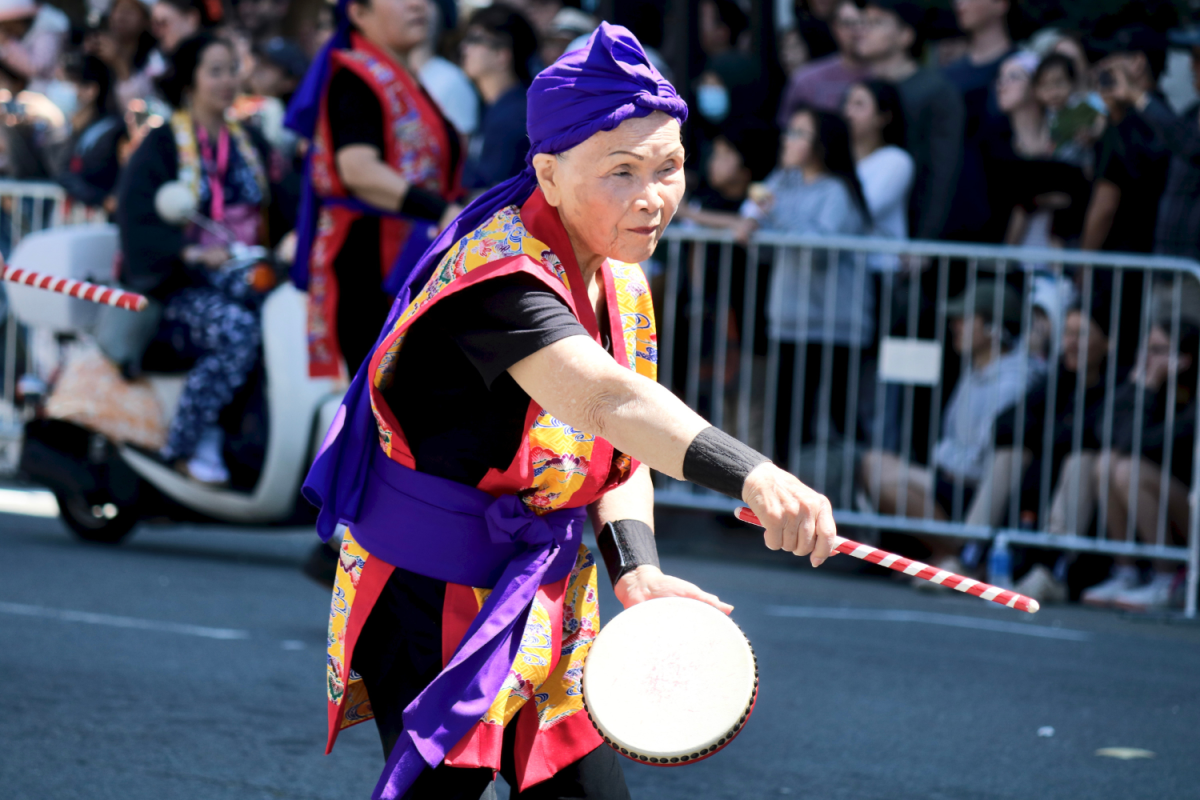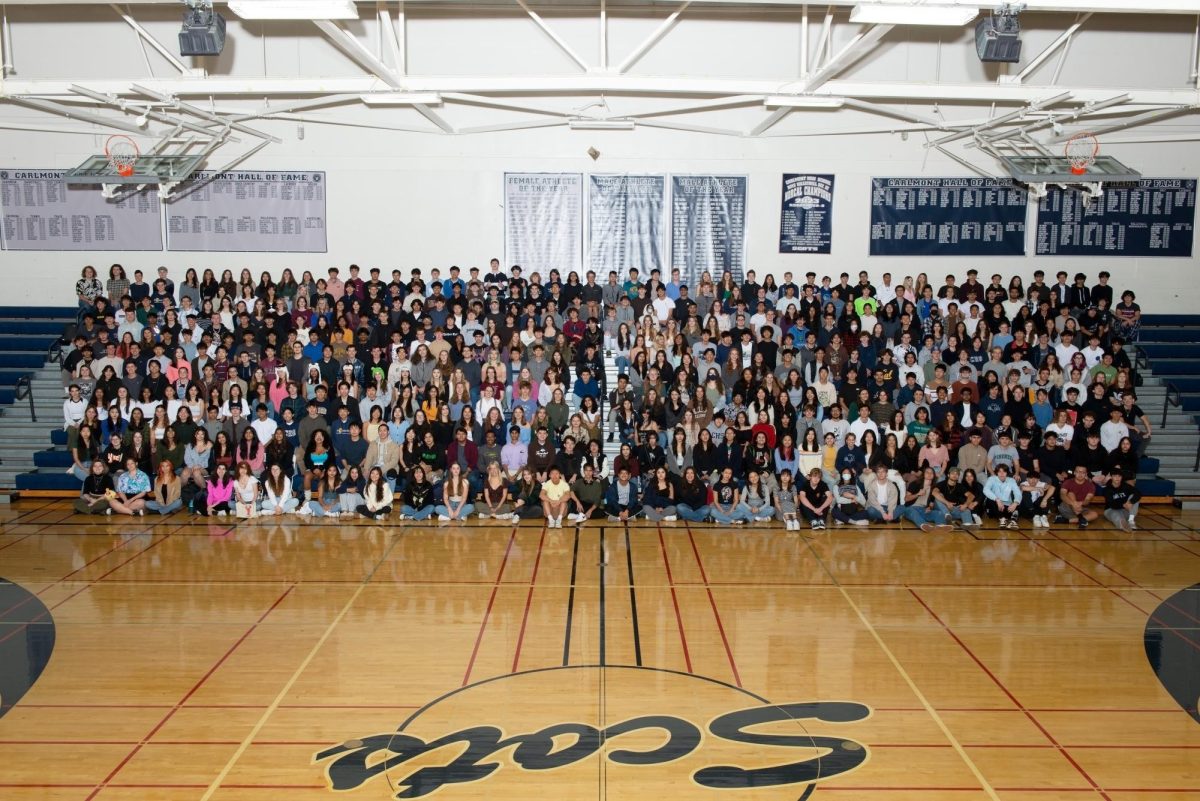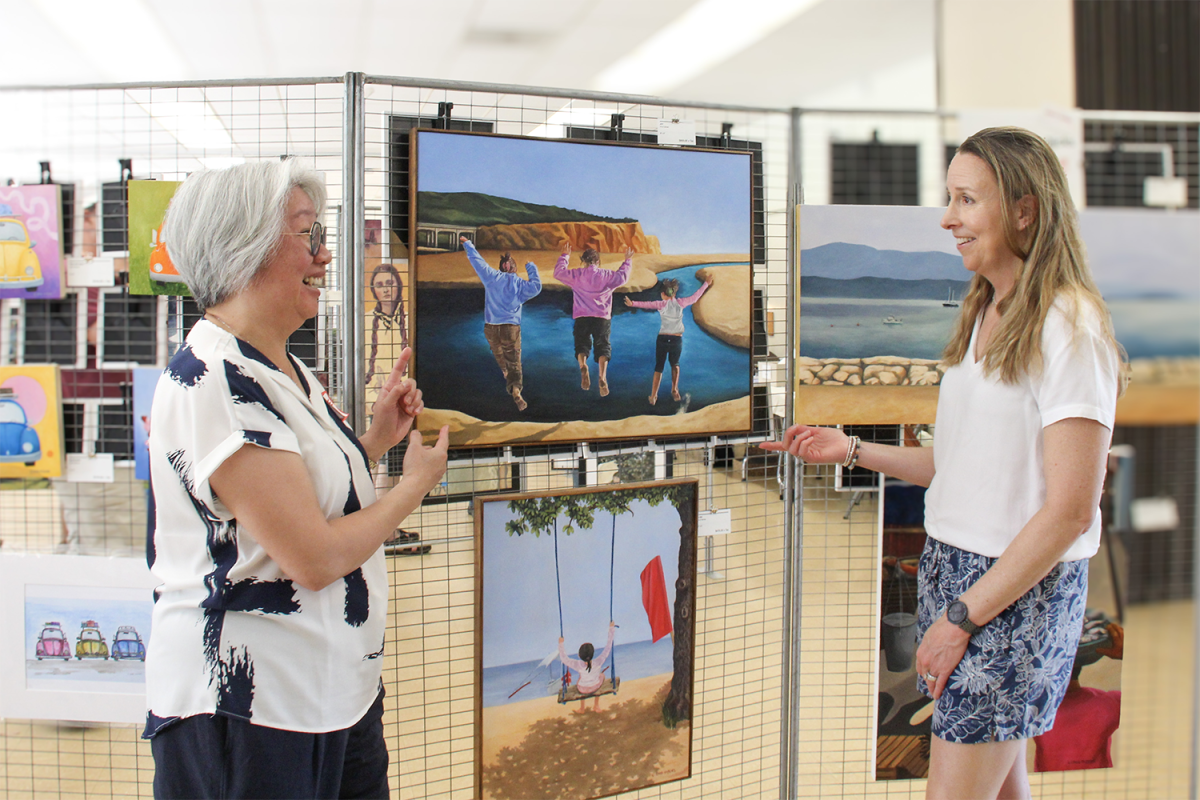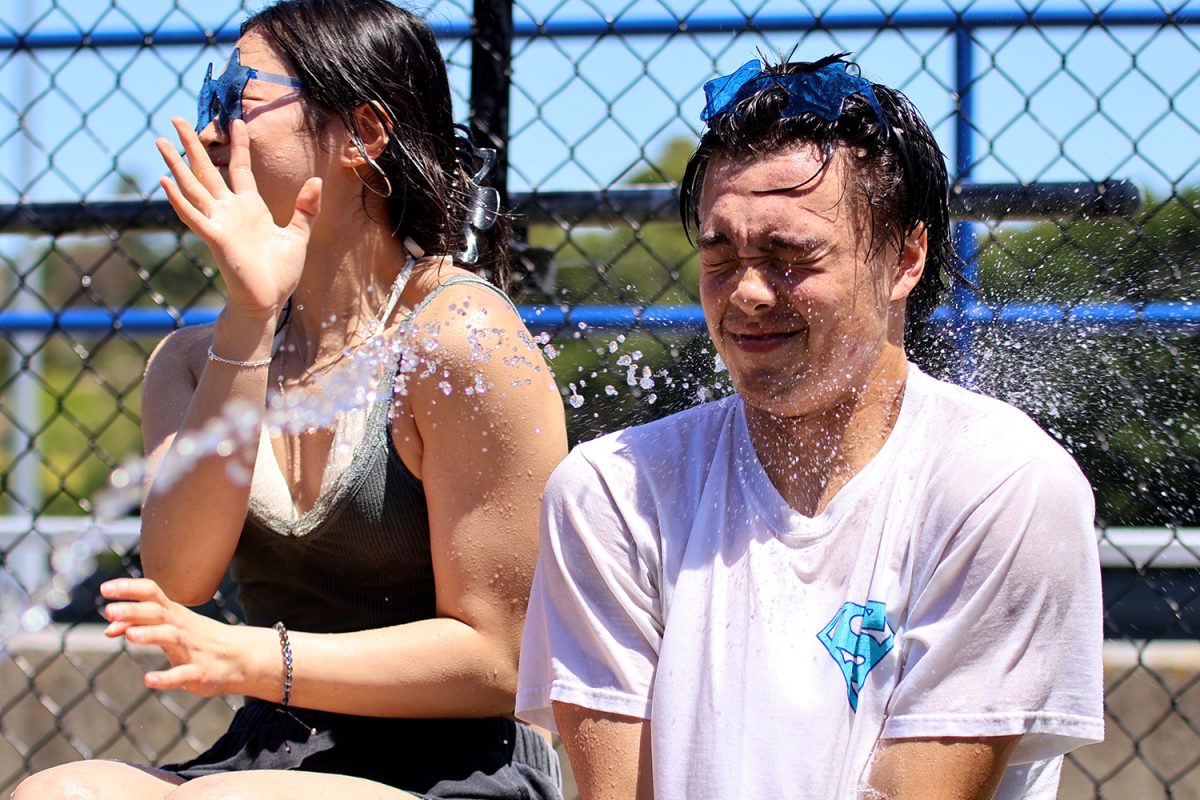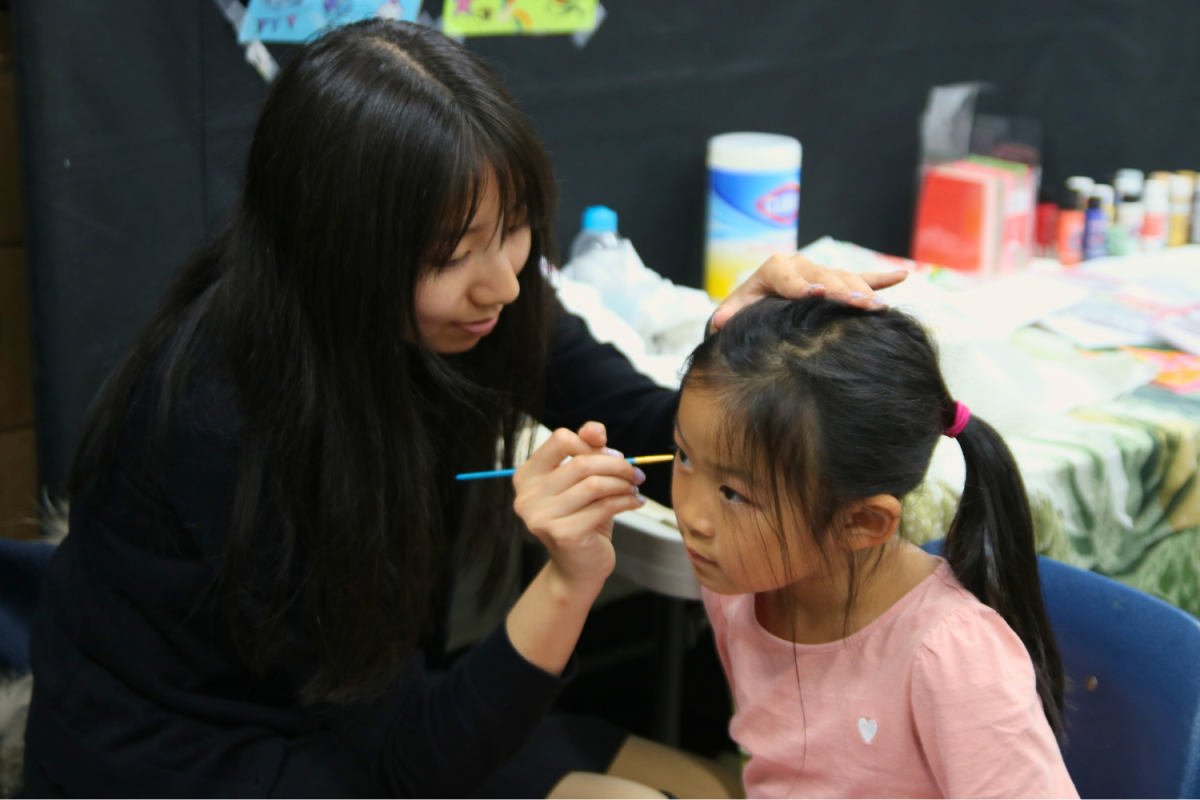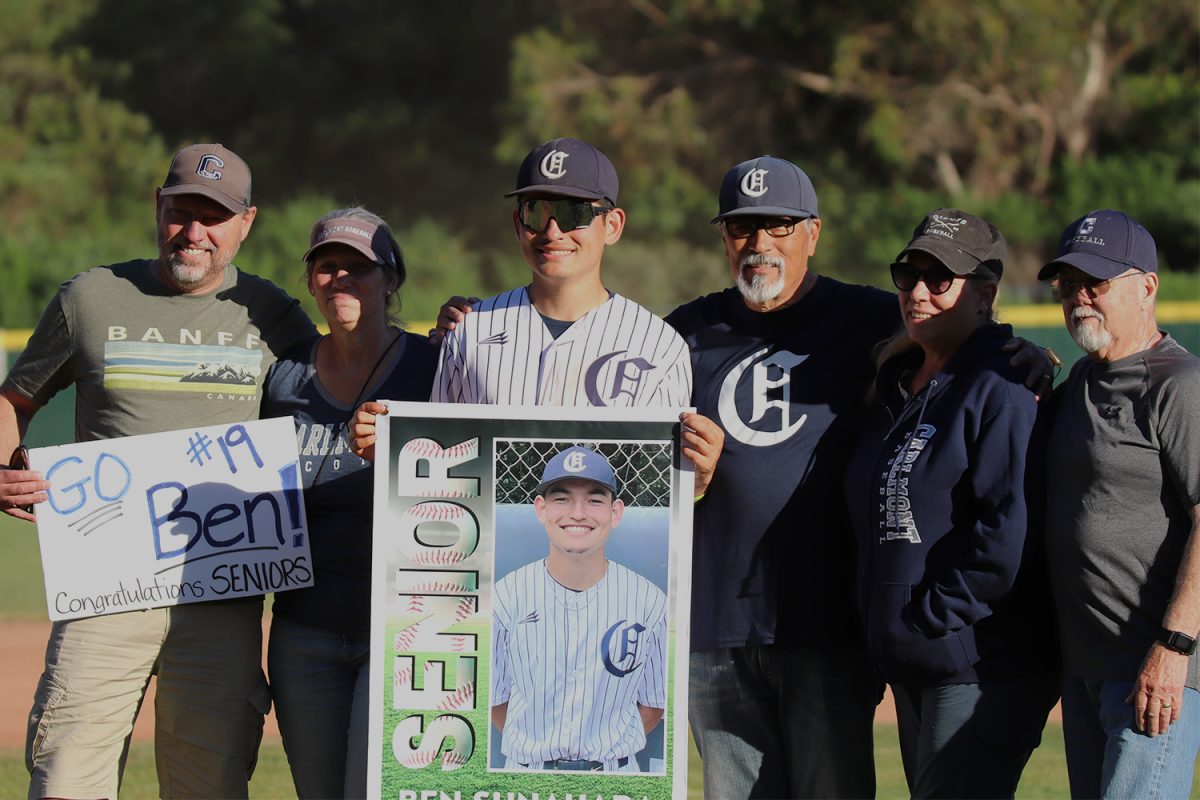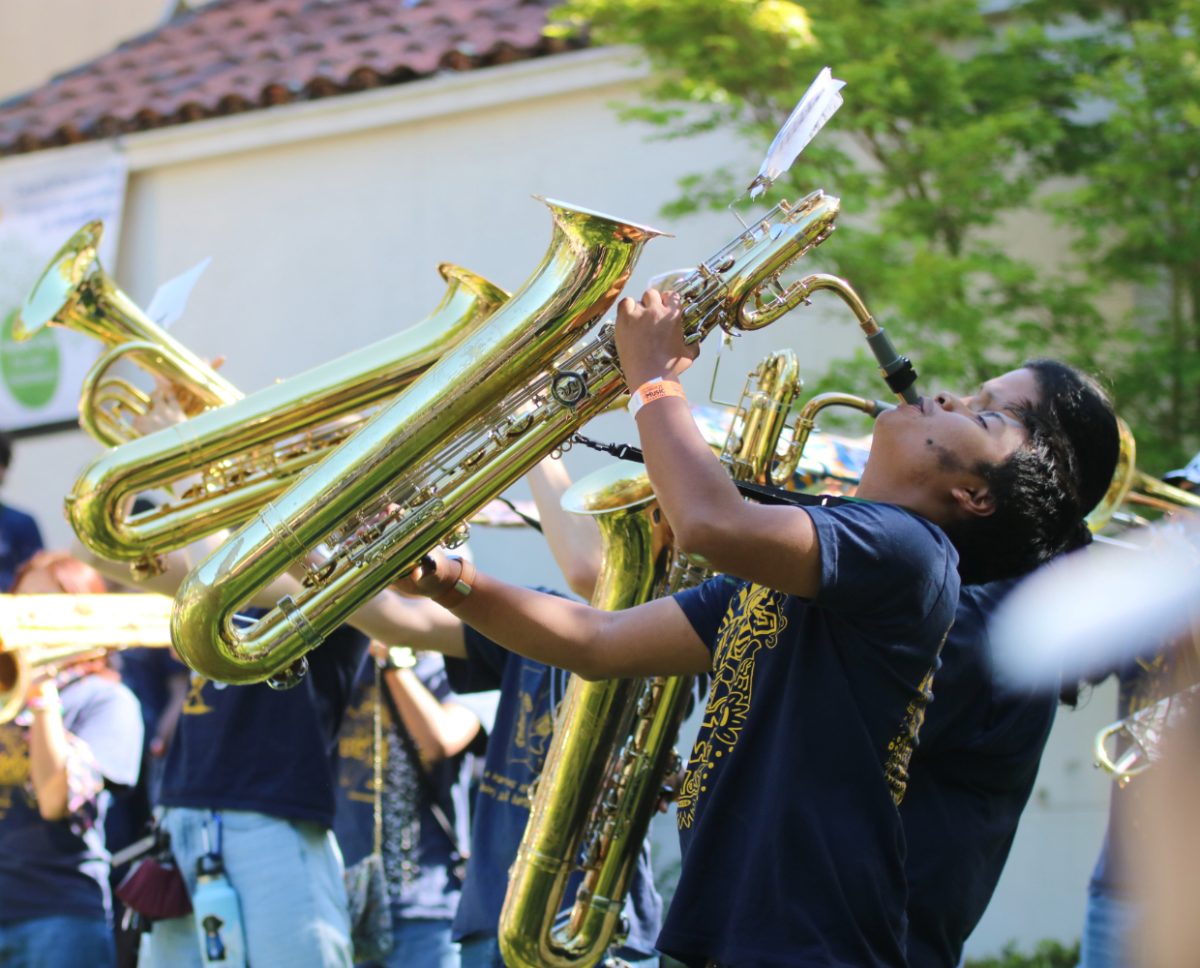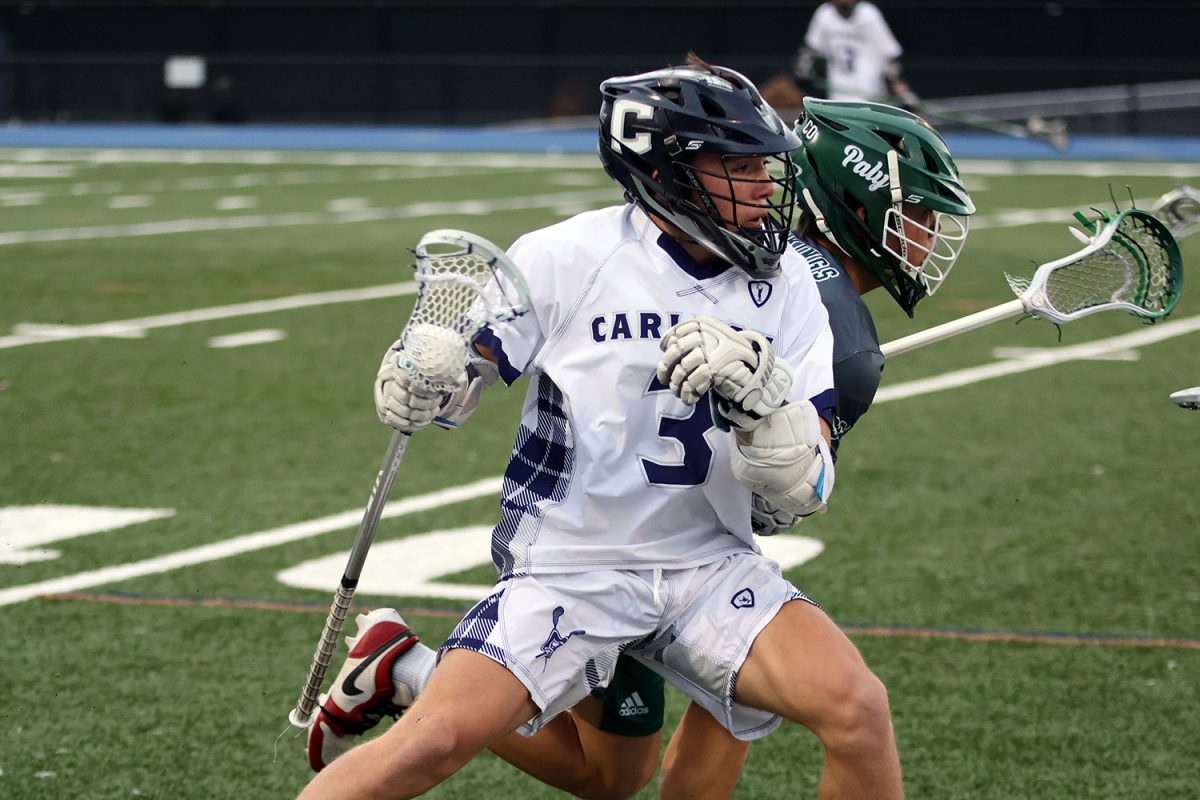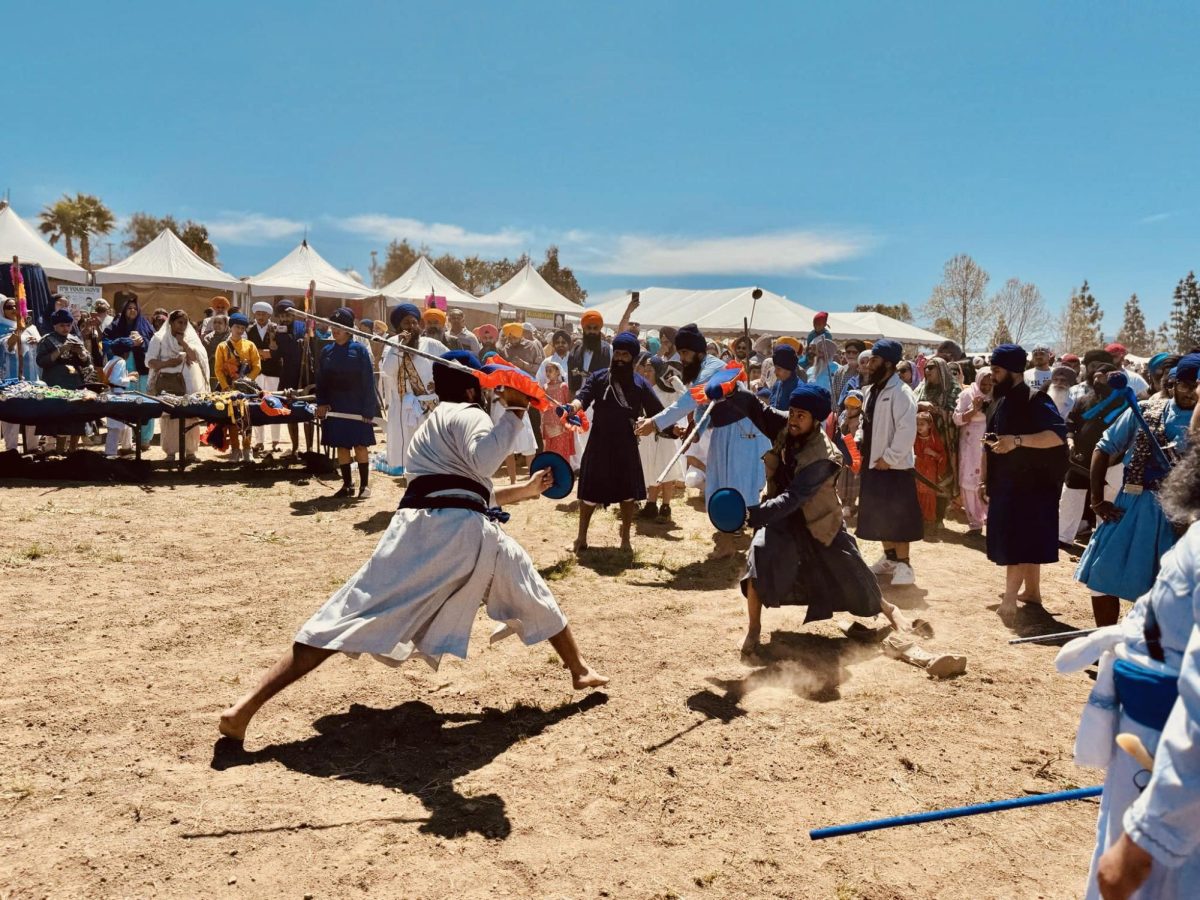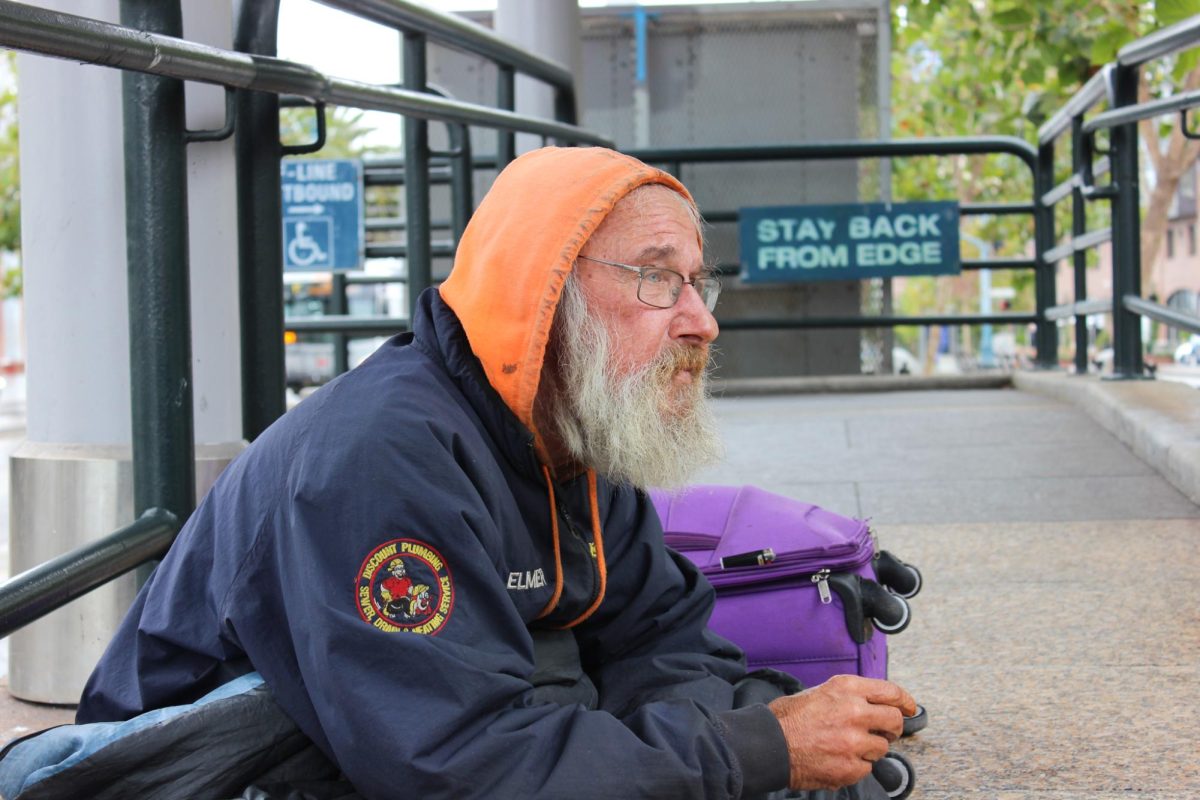Her body was covered in stab wounds.
Fourteen, to be exact. As she lay there, at the end of a dirt road, her final breath went unheard and unseen.
Her name was Katina Locklear, and you’ve likely never heard of her.
She was a North Carolina Indigenous woman of the Tuscarora tribe whose death, like many other Indigenous women, went largely unseen and uncared for.
No pretty infographics. No GoFundMes. No hashtags. The social media attention and national coverage that we give to white womens’ deaths were nowhere to be found.
If you’ve been on any form of social media for the last week, you’ve heard of Gabby Petito. Her death rocked the U.S. and was broadcasted everywhere. An innocent, kind girl swept up by the curse of domestic abuse and cruelty. People around the country are racked with sympathy, sending condolences, setting up GoFundMe fundraisers, and fighting for justice.
This attitude towards a murder victim is not a negative thing. However, the nation’s fixation on Petito shows that the only victims that America seems to care about are white once again.
Petito’s death is not the first time the nation, or even the world, has been outraged with a white woman’s death. Take Sarah Everard, a 33-year-old marketing executive who was abducted and killed in South London in March 2021.
Her case raised global attention and prompted a new British policy that improved public lighting and Closed-circuit television (CCTV) coverage and introduced undercover officers in clubs.
This kind of change is positive. However, it only seems to stem from the tragic deaths of white women. Indigenous victims have not inspired these reactions, and it is unacceptable.
Indigenous women who are missing or murdered are swept under the rug. According to a report issued by Wyoming’s Missing and Murdered Task Force, Petito’s home state of Wyoming is home to over 700 missing and over 100 murdered Indigenous people. The report also claims that the homicide rate for Indigenous women is 6.8 times the rate for white women. But despite these staggering, alarming statistics, America turns a blind eye.
Can we, as a society, once focus on someone or a group of people who aren’t white? Does a victim have to be a white woman to generate attention? Is our nation really so racist that we can’t try to decrease the number of families broken apart by their children going missing?
We need prevention measures, education, and, most importantly, coverage to curb the violence against Indigenous women. It shows no signs of slowing down, and the lack of media attention to them doesn’t help either. The United States of America is known as the land of equality and freedom. However, the lack of coverage for missing and murdered Indigenous women once again exposes the nation’s true colors as a country built on oppression and racism.
There are too many missing and murdered Indigenous women to list in this article. Yet many in the country know nothing about them. This needs to change. Our society needs to shift its focus from the white damsel-in-distress onto the thousands of Indigenous women who are victims of an equally tragic fate.

